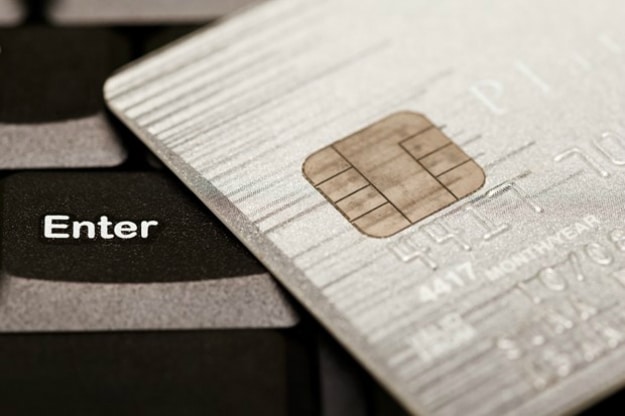Carrying a credit card branded to a specific retailer can provide some significant benefits. Branded credit cards are different from store cards, in that you can use them anywhere to earn rewards from a specific retailer. If you prefer to shop in one specific place, funneling other spending toward perks that you can use there might seem like a no-brainer.
The problem, though, is that many people open these credit card accounts and then fail to maximize the benefits. Sure, they might get some coupons here and there, but more often than not what happens is consumers end up spending more money on their branded credit cards than they would have otherwise, making the rewards less than rewarding. But with a few smart moves and a better understanding of how rewards program work, it is possible to get even more from branded credit cards.
Pay Close Attention To Fees
Paying fees can negate any savings you’d enjoy from loyalty rewards, if you don’t pay attention to the fine print and shop smart. Before you sign up for a card, review the annual fee disclosure and the spending required to earn rewards. Consider the annual fee in relation to the required spending to earn a reward, and where your “break even” point will be. For example, if you have to spend $5,000 to earn a $10 rewards certificate, and the annual fee is $50, is that really the best deal for you? In some cases, the card’s additional benefits do negate the fees, but not always, so do your homework.
In addition, pay close attention to any fees charged to actually redeem your rewards. This is especially prevalent with travel rewards credit cards, where you may have to pay a fuel surcharge or booking fee for a flight, or resort fees on a “free” hotel night. On some flights, the fuel surcharges can add up to almost as much as the cost of just purchasing the ticket outright, so understand the conditions before you work toward a specific goal.
Align Your Cards With Your Interests
It might seem to go without saying, but it’s important to consider the potential rewards offered by a card when opening an account, and whether they are something you will actually use. It doesn’t make sense, for example, to carry an airline rewards card for a carrier that doesn’t operate out of your home airport, or a hotel chain where you rarely spend the night. Retailer branded credit cards can offer some useful rewards, but only if you shop there on a regular basis. If the specific rewards of that card don’t appeal to you, consider a cash back card that give you money you can use toward things you actually want.
Take Advantage Of Rewards-Earning Opportunities
Often, card issuers give cardholders the chance to earn extra points or cash back during special promotions. A travel card might provide a bonus for stays or flights during a certain period, for example, or a retailer-branded card will offer extra points when you purchase specific items. Watch for these promotions and when appropriate, take advantage of them. In some cases, they can add up to thousands of extra points or a big boost to your cash back rewards.
Add An Authorized User
Adding an authorized user, such as a spouse or child, can increase the rewards earning opportunities on your card. Combining all of your family’s spending on to one account can help you keep track of expenditures while also giving you more rewards. Just remember that you’re still responsible for paying the charges an authorized user racks up, so have a payment plan in place.
Consider Additional Benefits
Earning points or cash back are often only the tip of the iceberg when it comes to rewards credit cards. Pay close attention to the list of “perks” offered to cardholders, such as free shipping, discounts on certain services (such as personalization), early access to special events and sales, exclusive experiences, and more. Often, these rewards can be as meaningful as coupons or cash back while also justifying an annual fee.
Watch Expiration Dates
Finally, to get the most from your rewards credit cards, be sure that the rewards that you earn don’t expire before you can use them. Often, rewards certificates awarded with points have expiration dates, meaning that if you don’t use it, you lose it. Don’t miss out on the benefits you are entitled to have.
Getting the most from your rewards credit card doesn’t mean shopping until you drop and racking up huge bills. With some smart spending and a bit of strategy, you can earn some valuable bonuses, without maxing out your card.
How To Maximize Loyalty Rewards On Branded Credit Cards


COMMENTS